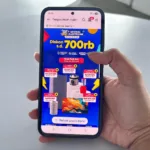Blibli has the ambition to increase the number of grocery store owners to go digital by utilizing the Blibli Mitra application. It is targeted that partners can increase by two times higher from the current position of 16 thousand stores spread across Indonesia.
Since the launching last year, the concept of Blibli Mitra is not much different from similar services made by competitors, such as Mitra Bukalapak, Mitra Tokopedia, or Mitra Shopee. Blibli Mitra opens access to digital products, such as balance, data packages, game vouchers, electricity tokens, BPJS, and train tickets that partners can sell to their customers.
In addition, there is a wholesale feature that partners can use to replenish the merchandise stock of Blibli’s partner brand principal, one of which is Unilever. With competitive prices, allowing partners to get more benefits.
Blibli’s VP O2O, David Michum explained, Blibli Mitra is part of Blibli’s omnichannel, so that it is integrated with the e-commerce ecosystem that has been established by the company, be it payment systems, procurement & logistics, to online platforms. This strength is what distinguishes Blibli Mitra from other similar players.
In delivering wholesale products purchased by partners, Blibli Mitra utilizes the company’s warehouse and logistics fleet, Fulfillment by Blibli (FBB) which is supported by 20 warehouses and 32 hubs in 15 cities. As a result, partners can enjoy free shipping facilities.
In fact, he is preparing the Blibli B2C application, which is usually used by end consumers, to connect the products sold in it, including MSME products, to the Blibli Mitra application so that it can be sold to its customers. “Because this [Blibli Mitra] is part of the omnichannel,” he explained in a virtual press conference, Thursday (19/11).
The Blibli Mitra application is designed to be very light, only taking up a 1.6MB capacity. So that wherever the partners are located, even though the internet network is bad, they can still make transactions.
Blibli’s interest is in this segment because according to data from the Ministry of Cooperatives and UKM, it is stated that MSMEs have contributed more than 60% of the National GDP. The government is also targeting the modernization of 15 thousand traditional go digital stalls. Moreover, the pandemic has further boosted grocery store businesses as customers limit visits to shopping centers and choose to shop for daily necessities at stores near their homes.
David continued, this trend was also reflected in the performance of Blibli Mitra, where orders from partners grew by four times compared to before the pandemic. The most purchased digital products are pulses and electricity tokens. While wholesale products are ground coffee, instant noodles, and ready-to-drink milk.
In the past year, Blibli Mitra has had 16 thousand partners joining. All of these partners, if accumulated, serve 1 million consumers spread across 333 cities in Indonesia. He targets that by the end of this year, Blibli Mitra partners can increase to double the current number.
In order for the target to be realized, Blibli has a field team that is tasked with acquiring new partners and routinely providing assistance so that partners’ digital capabilities increase. The application is also equipped with business management features, including cash flow management, financial monitoring, loyalty gamification and brand promos.
“In the future, we want to increase the financial inclusion of micro entrepreneurs by establishing partnerships with financial institutions, in addition to developing payment options, including COD,” he concluded.
–
Original article is in Indonesian, translated by Kristin Siagian

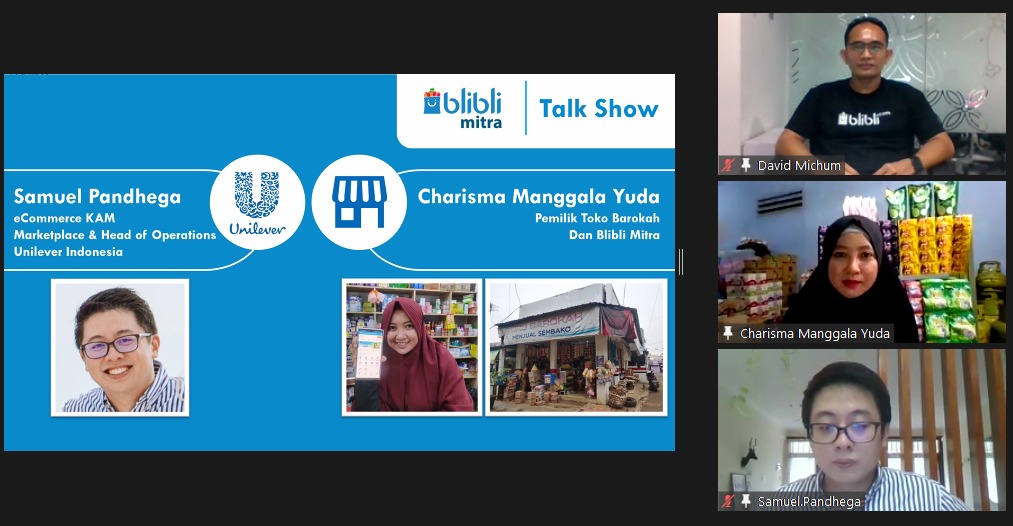
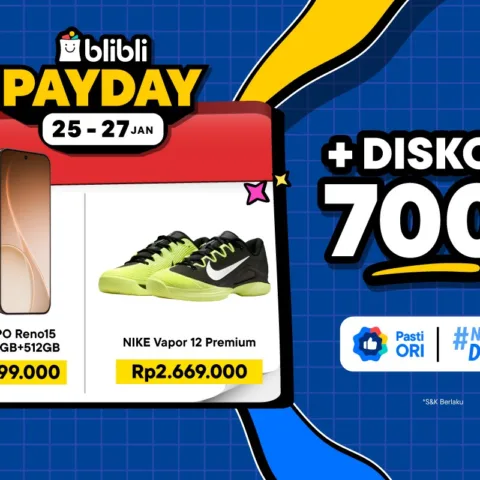
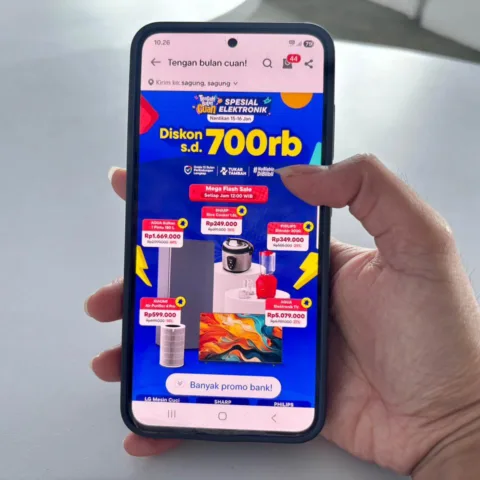
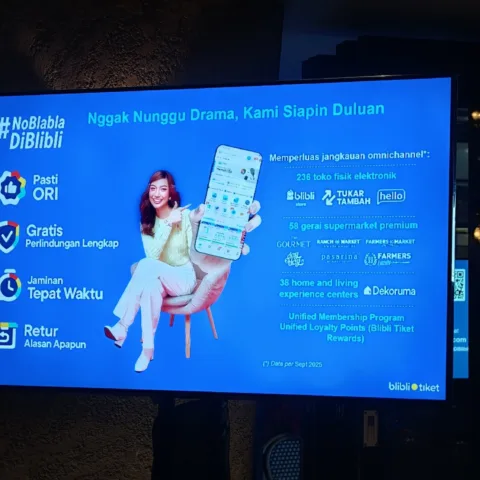

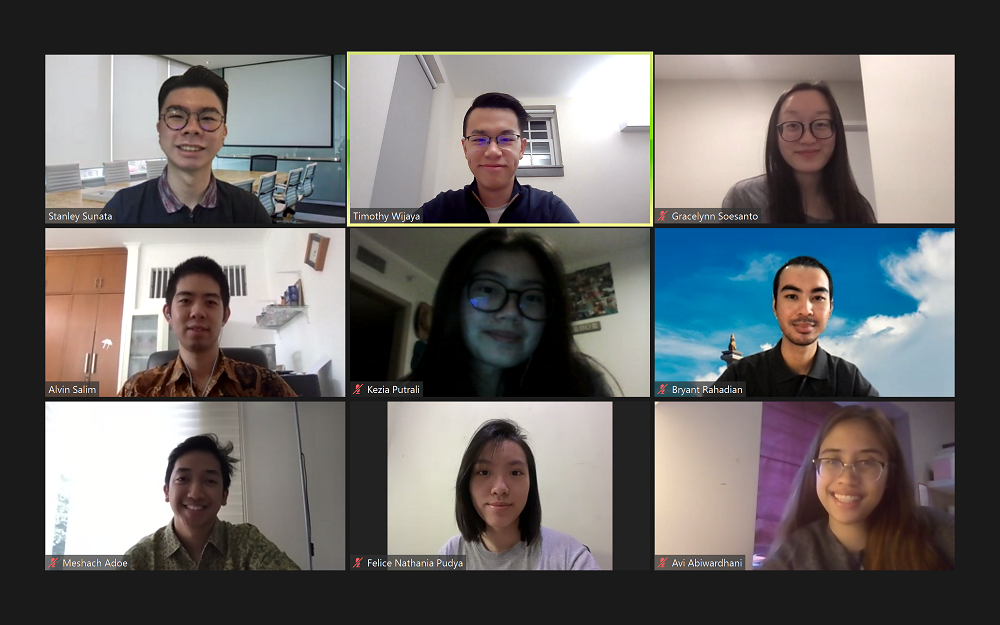
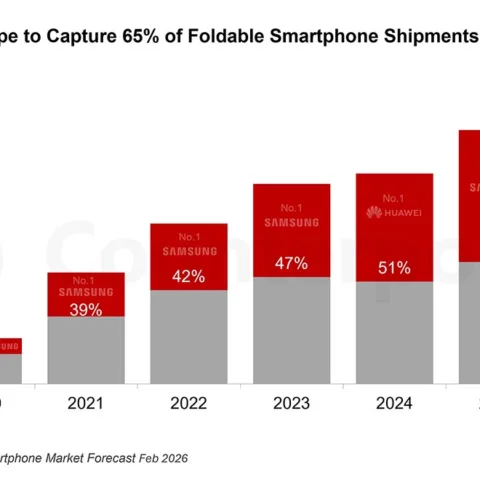

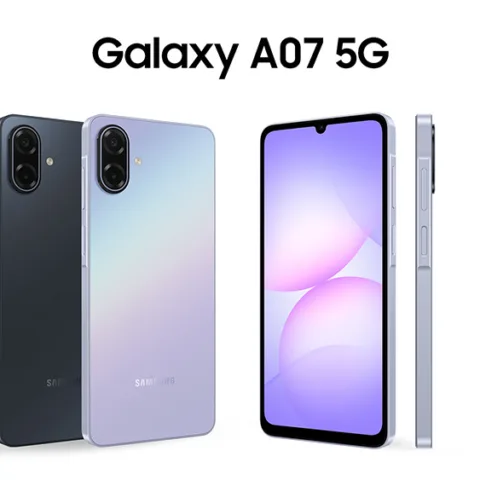
![[TrendForce] Lonjakan Harga Memori akan Menekan Industri Smartphone 2026](https://hybrid.co.id/wp-content/uploads/2026/02/TrendForce-Lonjakan-Harga-Memori-akan-Menekan-Industri-Smartphone-2026-480x480.webp)


